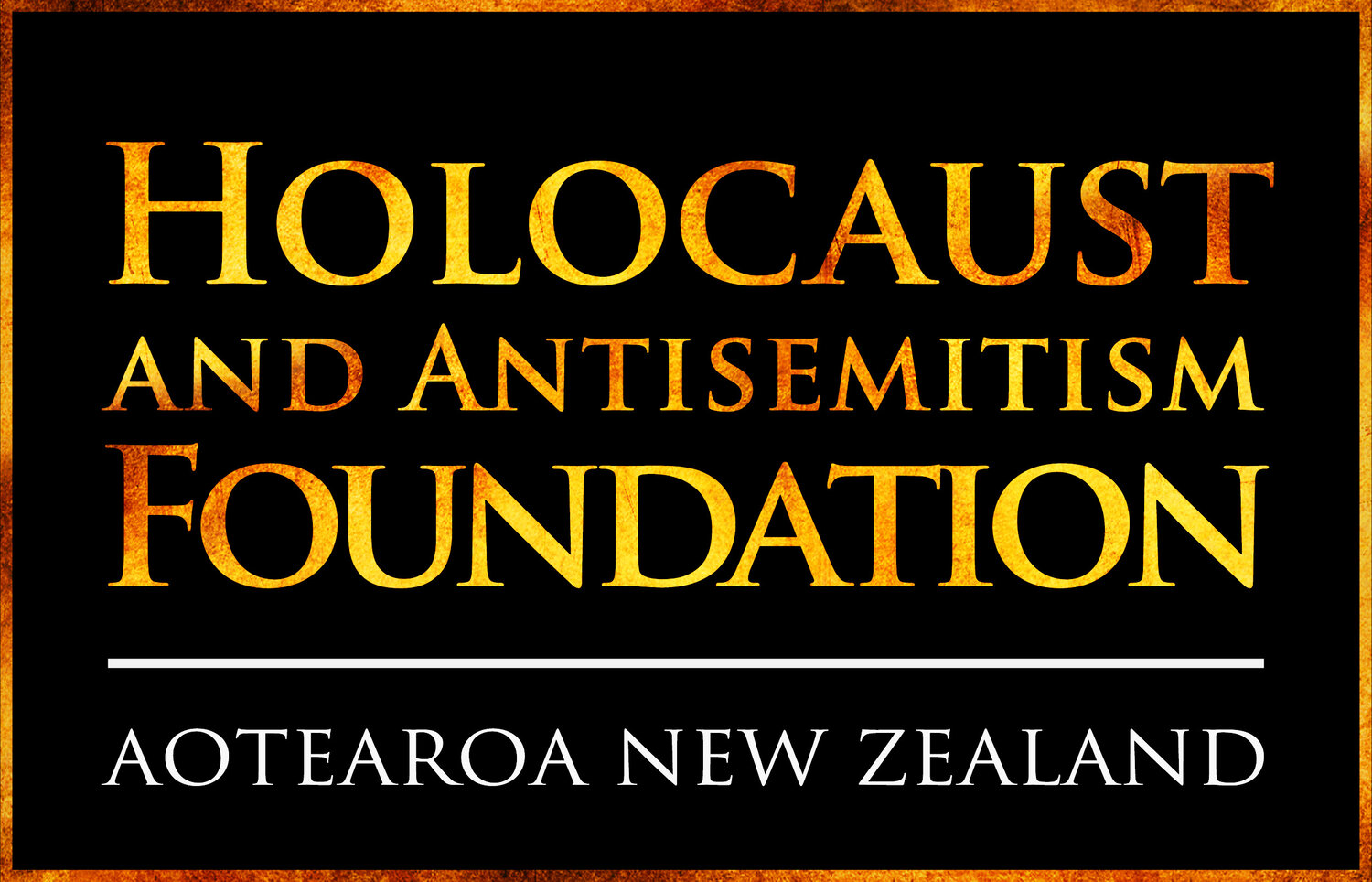Bethlehem Remembers Auschwitz
Originally published on Times of Israel
At least twenty-eight locations around the world carry the name Bethlehem. Best known of these is, of course, the birthplace of Jesus, twenty minutes drive from Jerusalem.
The Bethlehem most distant from Jerusalem can be found in Tauranga, New Zealand – adjacent to a suburb named Judea.
The original Bethlehem has become symbolic of evangelicalism’s drift toward anti-Zionism, being host of the notorious Christ At The Checkpointconferences. New Zealand’s evangelical community has hardly been immune to the drift. Anti-Zionist Rev Dr Stephen Sizer, whose name was cited in recent months as evidence that Jeremy Corbyn is indeed an antisemite (Corbyn defended Sizer’s antisemitic postings), was an honoured guest at New Zealand’s largest ostensibly evangelical institution in 2012.
New Zealand’s Bethlehem College has apparently bucked the anti-Zionist trend, however. A thriving Christian school with a roll now exceeding 2,000, was founded in the 1980’s with a pro-Israel position in its charter. When approached by the Holocaust and Antisemitism Foundation, Aotearoa New Zealand, the college enthusiastically embraced the opportunity to host a UN International Holocaust Remembrance Day event in its upmarket 550 seat auditorium.
The event will be held Saturday 25 January, two days prior to the 75th anniversary of the liberation of Auschwitz. Guest speakers include Member of Parliament Alfred Ngaro, Dame Lesley Max, and Dr David Cumin, Israel Institute of New Zealand.
The event will also launch the national tour of our new exhibition “Auschwitz. Now.” Large exhibition prints of images shot last year at Auschwitz-Birkenau will be displayed along with survivor portraits and Shadows of Shoah stories.
Auschwitz survivor, the late Alexander Lowy.
Auschwitz, being best known of the Nazi death camps, has come to function as a kind of metonym for the entire Holocaust. We have chosen to include not only Auschwitz survivor stories but also stories from those who survived elsewhere, whether it be France, Serbia, or Tunisia.
“Auschwitz. Now.” has been curated to provide a well rounded introduction, mindful as we are of the quickly diminishing general knowledge of the Shoah. Equally problematic is the trend toward universalisation. Holocaust memorialisation, where it does take place, is too frequently diluted in service of other causes. These are trends to which “Auschwitz. Now.” and the broader work of the Holocaust and Antisemitism Foundation will give no ground.
Seventy five years after the liberation of Auschwitz, the incomprehensible events of the Shoah, in all their particularity, will be remembered in the uttermost parts of the earth, in Bethlehem, Tauranga.
Information on the event can be viewed at www.25january2020.com
